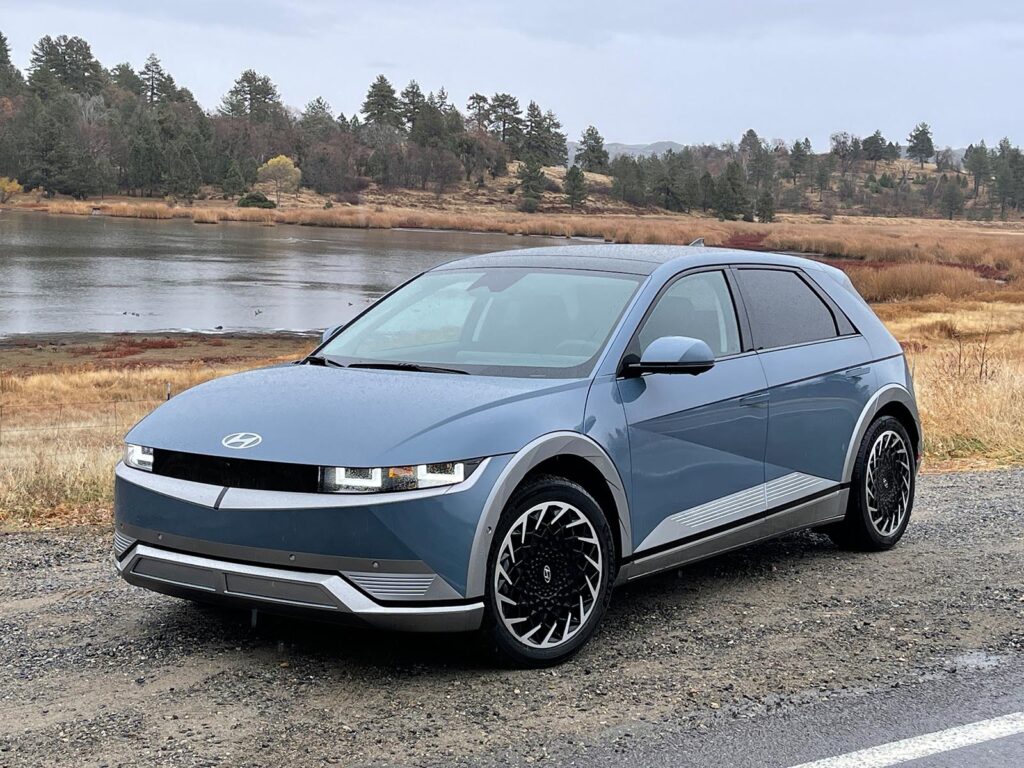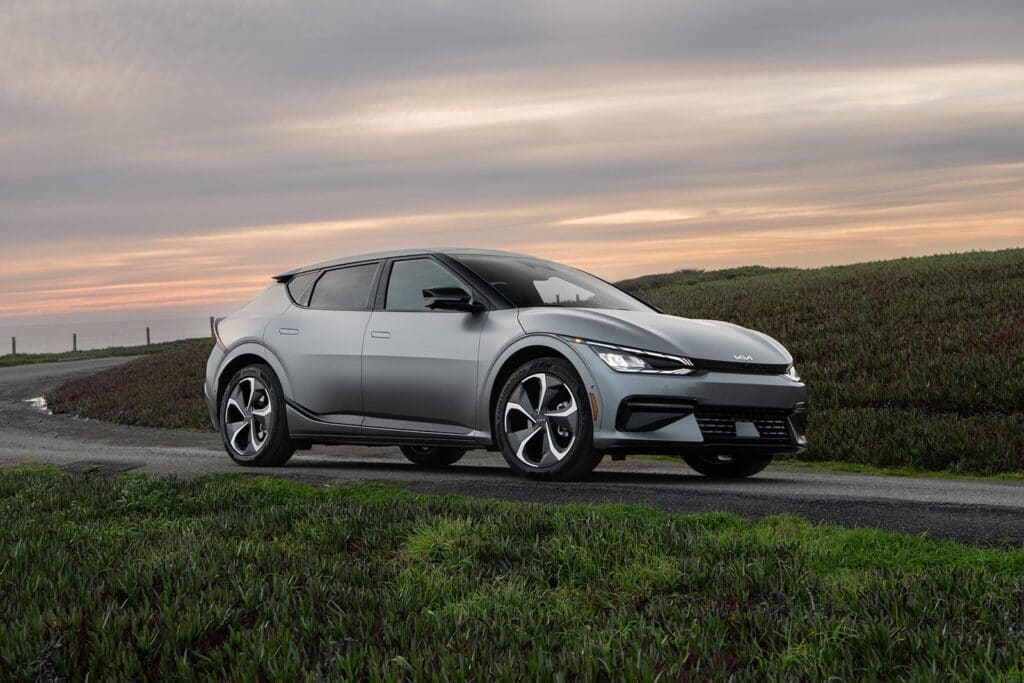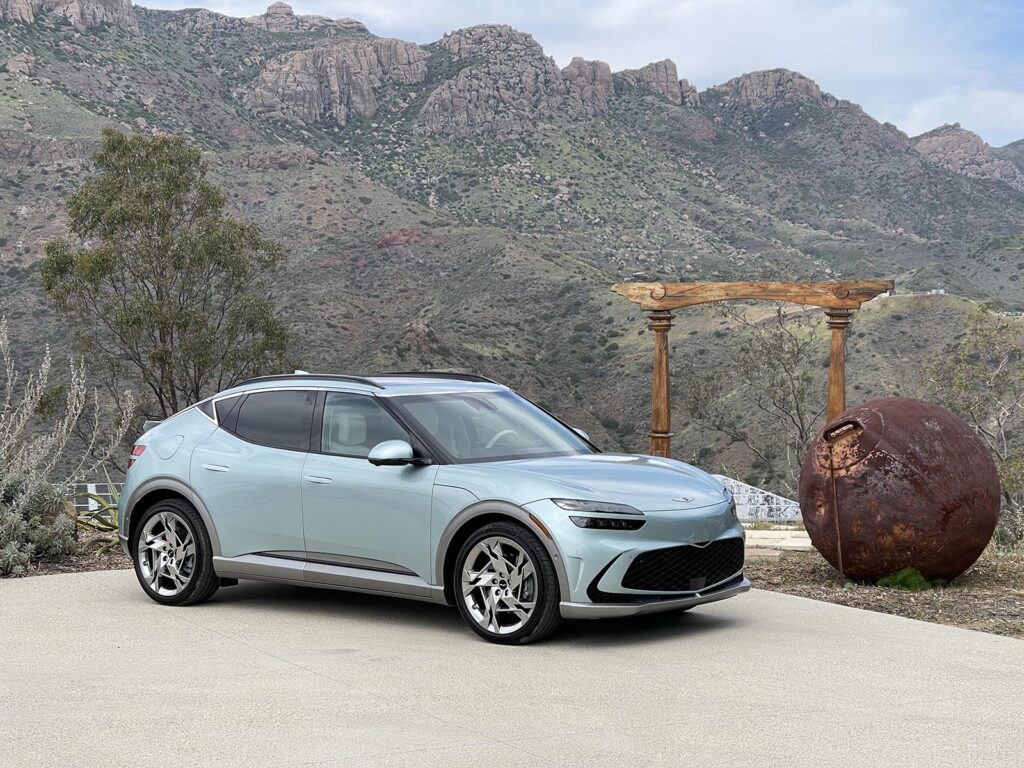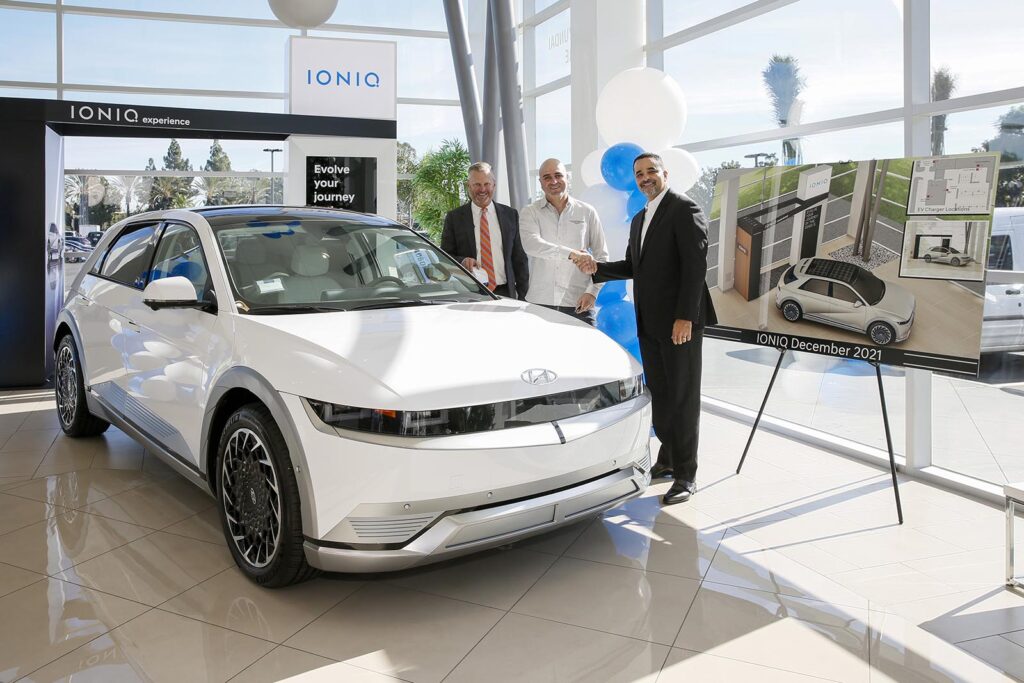Hyundai will spend $5.54 billion to set up an EV manufacturing complex near Savannah, Georgia, the automaker confirmed Friday afternoon.

The facility will have the capacity to assemble 300,000 electric vehicles annually, as well as the batteries to power them. The project comprises a major portion of the $7.4 billion Hyundai officials said they will invest in electrification for the U.S. market.
“The U.S. has always held an important place in the Group’s global strategy, and we are excited to partner with the State of Georgia to achieve our shared goal of electrified mobility and sustainability in the U.S.,” Hyundai Motor Group Executive Chair Euisun Chung said in a statement.
Plant will serve three Hyundai Motor Group brands
The facility will take up about 3,000 acres along Interstate 16 about 250 miles Southeast of Atlanta. The automaker expects to hire 8,100 employees for the complex. According to the Atlanta Journal-Constitution, it will be “one of the state’s largest-ever economic development recruitments.”
The plant will produce vehicles for all three of the South Korean carmaker’s brands: Hyundai, Kia and Genesis.

The Hyundai brand currently produces three all-electric models. The Kona EV is a battery-electric version of the automaker’s subcompact SUV line which is also offered with a conventional gas powertrain. The original Ioniq model debuted with hybrid, plug-in and all-electric variants.
The Ioniq 5 is the marque’s first model based on the E-GMP architecture.
That skateboard-like platform is shared with Genesis — which is just launching its all-electric GV60 SUV — and Kia, which uses it for the new EV6 model. Like the Hyundai brand, Kia also markets the Niro which is sold with hybrid, plug-in and all-electric models.
All sorts of options
Going forward, the three brands collectively plant to product nearly 40 pure electric models by the end of the decade. The Hyundai division has already confirmed several more coming on the E-GMP platform, including the bigger Ioniq 6 and 7 models. Kia will add models including the EV7 and EV9. The latter is a three-row SUV based on a concept vehicle unveiled at the LA Auto Show last November.

While the E-GMP platform is expected to dominate the parent company’s future EV program, Hyundai has not ruled out adding battery-electric versions of existing gas-powered models, such as the Santa Fe and Tucson SUVs, product planning chief Trevor Lai told TheDetroitBureau.com earlier this week.
“We are looking at all sorts of powertrain (options),” Lai said.
Details TBA
Hyundai has not said whether the new Georgia plant will be used exclusively for products based on the E-GMP platform, though sources previously told TheDetroitBureau.com that is considered likely.
What the carmaker did say is it will build “a wide range” of models at the factory.
The plant site seemed destined to be used for an electric vehicle plant. Georgia Gov. Brian Kemp and his development team had previously pitched it to EV startup Rivian, and Volvo before that. Both chose alternative sites, Rivian expecting to spend about $5 billion to base near Atlanta.

An EV plant boom on the way
But what may be most significant is that there is a veritable explosion of new EV manufacturing operations spreading across the U.S.
Tesla just opened up its second American assembly plant — and its fourth worldwide — near Austin, Texas. Volvo wound up going to a site near Charleston, South Carolina where it will not only produce its own EVs but models for its spinoff Polestar brand.
Last September, Ford announced it will build the largest manufacturing site in its history, dubbed BlueOval City, near Memphis, with two supporting battery plants going into neighboring Kentucky.
All told, more than a dozen new or repurposed plants in the U.S. will be producing EVs by mid-decade, with others to follow, industry analysts forecast.
Consumers could have 60 EV choices by year-end
EV sales still represent a minor segment of the American market but have grown from barely 0.5% of U.S. new vehicle sales in 2019 to 4.2% in 2021. Demand grew 81% last year and surged another 60% during the first quarter of 2022 — even as the overall U.S. market fell 18 percent.
The number of all-electric models delivering at least 200 miles ended 2021 at around 20. According to forecasts by IHS Markit, Guidehouse Insights and others, that may reach 60 by the end of this year.
President Joe Biden is aiming to boost demand for zero-emission vehicles to as much as 50% by 2030. And while there remain many skeptics, some industry analysts believe that sales actually could exceed that target.







